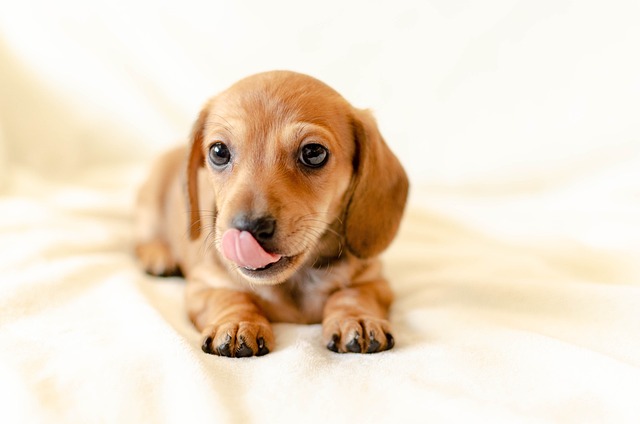
What food can be fed to a two month old Schnauzer
When you bring home a fluffy little ball - a two-month-old Schnauzer, its big wet eyes look at you as if silently asking, "Master, what should I eat?" At this moment,
In the morning sunlight, other people's dogs have smooth and shiny fur, shining like silk. However, your own precious dog's fur is dull, dry, and rough, and its coat color even becomes lighter and fades. Looking at the dog with its tail drooping and losing its former charm, the sense of loss and heartache can only be understood by the owner who truly loves the dog. A dog's poor coat color not only affects its appearance but also may be a "signal" of its health problems. To help the dog regain its beautiful fur, dietary adjustment is the key. We need to know which foods can support the health of the dog's fur.
A dog's fur is mainly composed of protein, and its healthy growth depends on the synergistic effect of various nutrients. High-quality protein is the "cornerstone" of the fur. A lack of protein can lead to fragile and easily broken fur, slow growth, and a loss of luster in the coat color. Omega-3 and Omega-6 fatty acids are the "natural softeners" for the fur. They can nourish the skin, reduce inflammation, and make the fur softer, smoother, and shinier. Various vitamins such as vitamin A, B vitamins, and vitamin E, as well as minerals such as zinc, iron, and copper, play an indispensable role in the synthesis of fur pigments and the metabolic process. When these nutrients are insufficiently ingested, the dog's coat color will be affected, and problems such as yellowing, whitening, and lack of luster will occur.
Foods rich in high-quality protein are the first choice for improving a dog's coat color. Meats are an important source of protein for dogs. For example, chicken, beef, and fish not only have high protein content but also have an amino acid composition close to the dog's body needs and are easy to absorb. Chicken has a low fat content and rich protein, suitable for most dogs. Beef is rich in creatine and iron, which can enhance the dog's physique and help improve the coat color. Fish is a "double treasure" of high-quality protein and Omega-3 fatty acids. In particular, deep-sea fish such as salmon and cod. The Omega-3 fatty acids in them can effectively reduce skin inflammation, promote the healthy growth of the fur, and make the coat color more beautiful. Many owners have found that after adding fish to their dogs' diet, the originally dry fur gradually becomes moisturized and shiny and feels softer and smoother.
Eggs are also a high-quality choice for supplementing protein. Eggs are rich in various amino acids and vitamins, and the egg yolk contains rich lecithin, which is a natural hair-beautifying substance. It can promote the metabolism of skin cells and make the fur thicker and shinier. You can cook the eggs and feed the dog 2 to 3 egg yolks per week, half to one yolk each time, but pay attention to the appropriate amount to avoid excessive cholesterol intake.
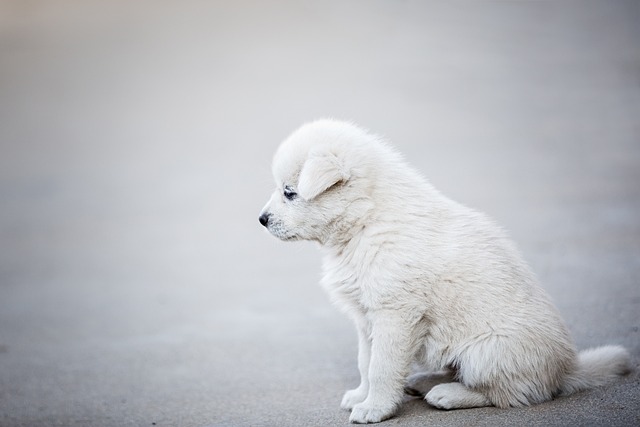
In addition to protein, foods rich in fatty acids are crucial for improving a dog's coat color. In addition to the deep-sea fish mentioned above, vegetable oils are also a good source of Omega-6 fatty acids, such as linseed oil and olive oil. Adding an appropriate amount of linseed oil to the dog's food can supplement essential fatty acids and help improve the quality of the fur. However, pay attention to controlling the amount added, as excessive oil may cause indigestion or obesity in the dog.
The impact of vitamins and minerals on a dog's coat color should not be underestimated. Fresh vegetables and fruits are rich in various vitamins. For example, carrots are rich in vitamin A, which can maintain the normal growth of the skin and fur. Broccoli contains rich vitamin C and vitamin K, which can help enhance the dog's immunity and promote the health of the fur. Fruits such as apples and blueberries contain antioxidants, which can protect cells from the damage of free radicals and are beneficial to the health of the fur. You can chop and cook these vegetables and fruits and add an appropriate amount to the dog's food, but be careful to avoid feeding fruits and vegetables that are toxic to dogs, such as grapes and onions.
In addition, some pet-specific nutritional supplements can also provide strong support for the health of the dog's fur. For example, pet-specific hair-beautifying powder usually contains various vitamins, minerals, and fatty acids, which can comprehensively supplement the nutrients needed for the dog's fur. Fish oil capsules are also common hair-beautifying supplements, which are convenient to feed and can effectively improve problems such as dry and dull fur in dogs. However, when choosing nutritional supplements, be sure to follow the veterinarian's advice and use them reasonably according to the dog's age, weight, and health condition to avoid excessive supplementation.
During the process of adjusting the dog's diet, the owner's carefulness and patience are equally important. Every time you carefully prepare the food and observe the dog's dietary reaction, it is a deep love for it. When you see the dog's fur gradually becoming smooth and shiny and regaining its vitality and luster with our efforts, the joy and sense of accomplishment are beyond words. A dog's life is short. They accompany us with all their love, and what we can do is to use scientific feeding and warm care to let them have a healthy body and a beautiful appearance, run happily in the sun, and leave more wonderful memories.

When you bring home a fluffy little ball - a two-month-old Schnauzer, its big wet eyes look at you as if silently asking, "Master, what should I eat?" At this moment,

When you see your usually lively dog suddenly limp while running, being cautious when going up and down the stairs, and even having difficulty getting up,
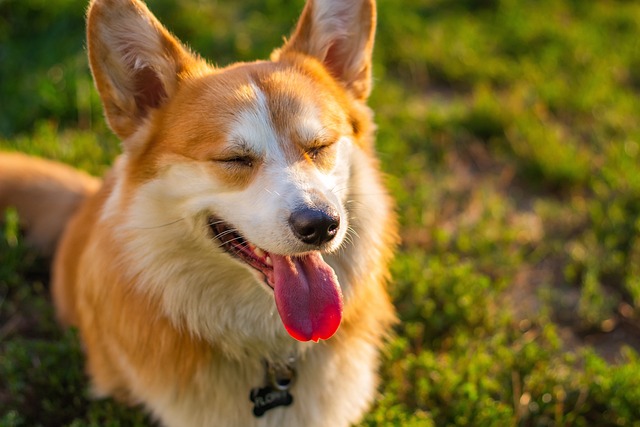
When a doggy door is installed at home to facilitate the dog's free entry and exit,and the owner is looking forward to the dog being able to move freely like other dogs,
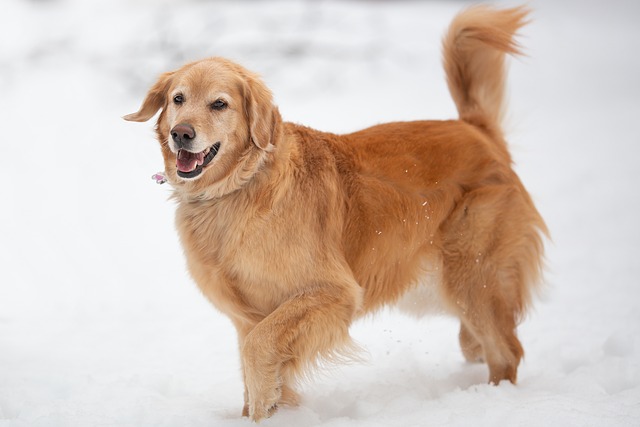
As the most loyal companions of humans, dogs accompany us through countless warm times. Understanding the colors that are difficult to distinguish in their vision is not only an exploration of scientific knowledge,
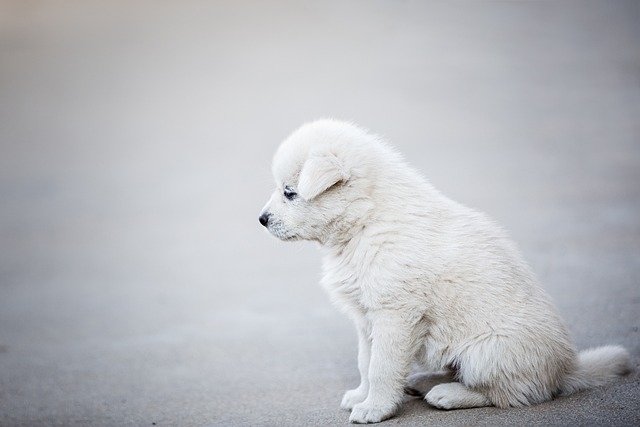
In the morning sunlight, other people's dogs have smooth and shiny fur, shining like silk. However, your own precious dog's fur is dull, dry, and rough,
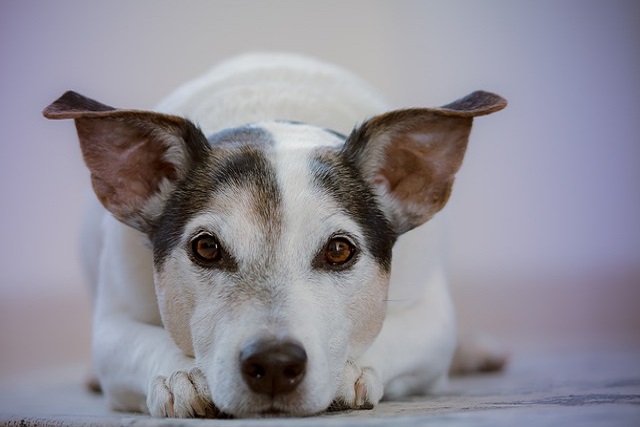
In the late night, in the silent room, you, who were originally sleeping quietly, are suddenly awakened by a "rustling" scratching sound.